Shirataki noodles are made from the tubers of the konjac plant.
-Konjac was introduced to Japan from China over 2000 years ago as a traditional medicine.
- Konjac products started being consumed in Japan over 1,500 years ago.
- Although the konjac plant is also know as Devil's Tongue yam, research has found no link between the consumption of shirataki noodles and demonic possession. (Note: this research does not actually exist.)
- In Japanese "shirataki" means "white waterfall".
- The liquid the noodles come packed in does not make a refreshing drink. Discard this and rinse the noodles before use. Largely consisting of water and a soluble fiber called glucomannan,
- Shirataki noodles have almost no calories, fat or sugar.
- As well as aiding digestion, studies have linked the consumption of shirataki noodles with the lowering of bad cholesterol.
- Shirataki noodles may also help with weight loss and lend themselves well to any diet. Because the noodles swell once eaten, they give a feeling of fullness and can therefore reduce hunger.
- Shirataki noodles work equally well in everything from soups to stir-fries, and salads (as well as other dishes not beginning with S).

